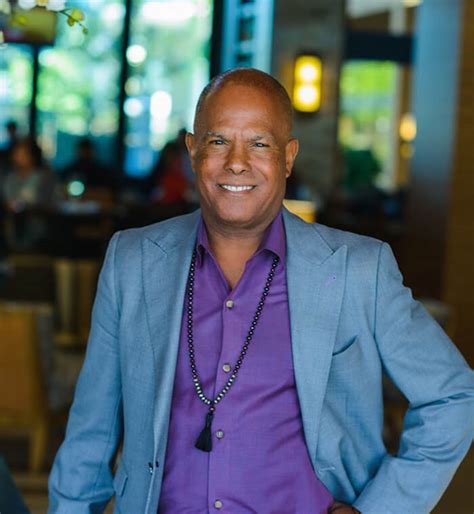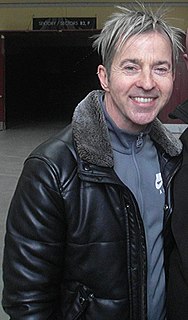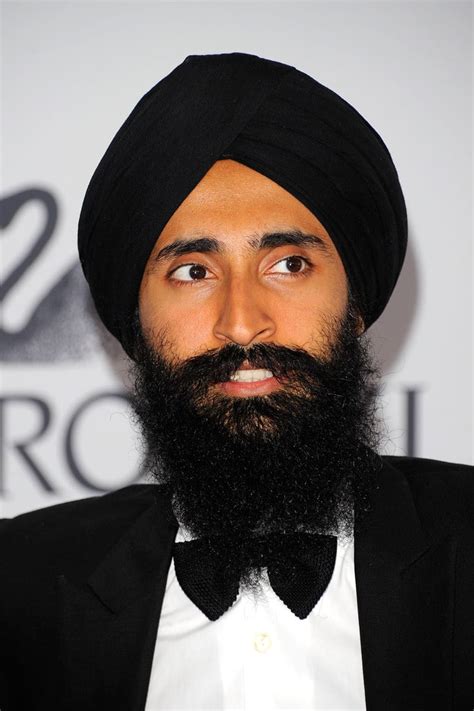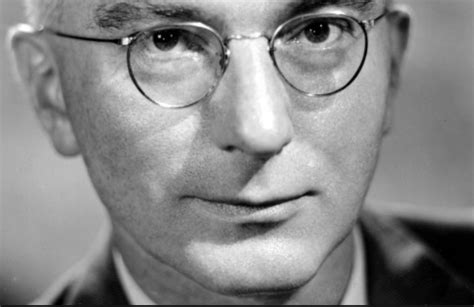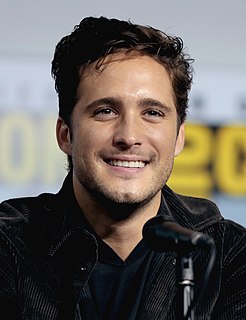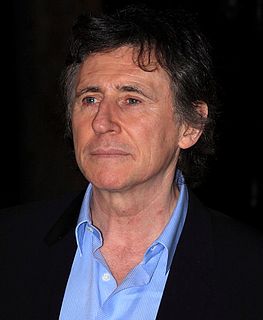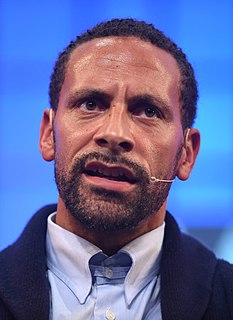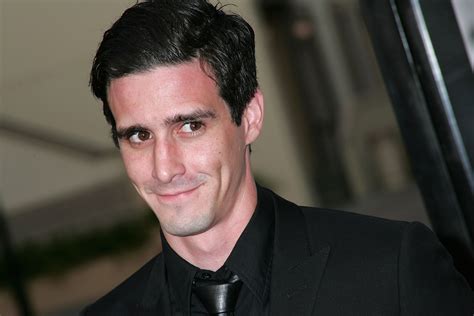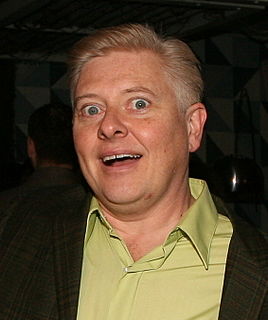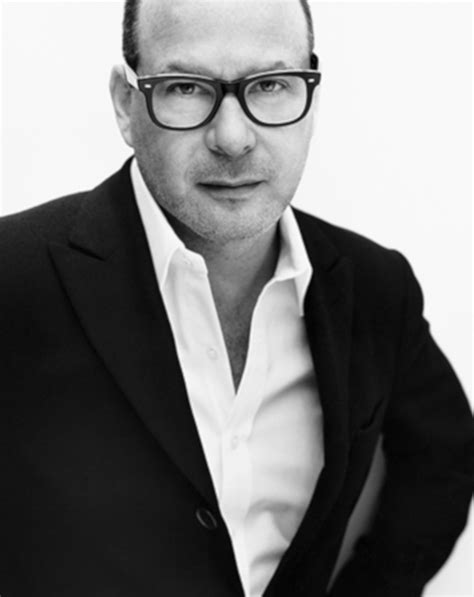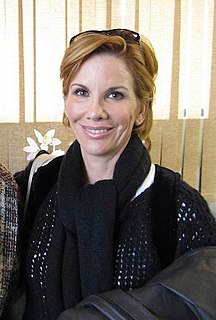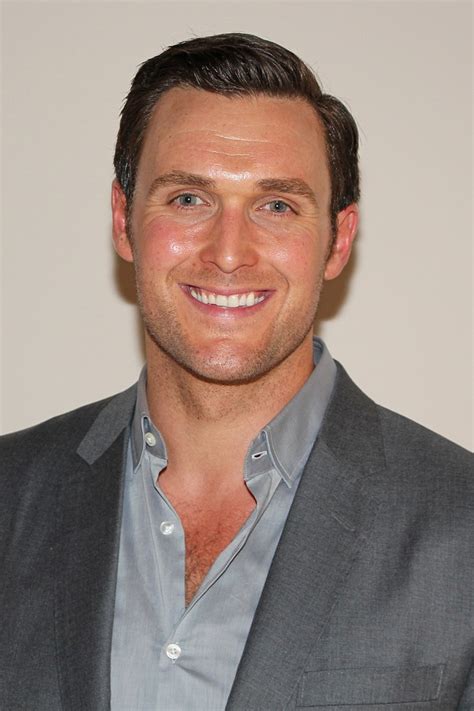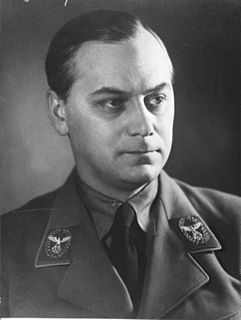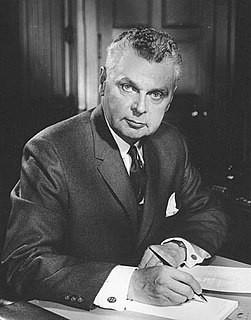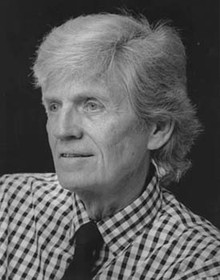Top 1200 History Of Love Quotes & Sayings - Page 3
Explore popular History Of Love quotes.
Last updated on April 15, 2025.
We should emphasize not Negro History, but the Negro in history. What we need is not a history of selected races or nations, but the history of the world, void of national bias, race, hate, and religious prejudice. There should be no indulgence in undue eulogy of the Negro. The case of the Negro is well taken care of when it is shown how he has far influenced the development of civilization.
I get letters from two kinds of readers. History buffs, who love to read history and biography for fun, and then kids who want to be writers but who rarely come out and say so in their letters. You can tell by the questions they ask - How did you get your ?rst book published? How long do you spend on a book? So I guess those are the readers that I'm writing for - kids who enjoy that kind of book, because they're interested in history, in other people's lives, in what has happened in the world. I believe that they're the ones who are going to be the movers and shakers.
When one is the type of writer who cares about the meaning of the historically specific setting, the history itself is not something that I would call backdrop. It's not window dressing for a timeless relationship about love and betrayal. For me, the setting and the specific history are active co-agents with me in trying to form the novel.
We can no longer afford to worship the God of hate or bow before the altar of retaliation. The oceans of history are made turbulent by the ever-rising tides of hate. History is cluttered with the wreckage of nations and individuals that pursued this self-defeating path of hate. Love is the key to the solution of the problems of the world.
I love Mexico because that's where I'm from, but my favorite city, whenever I need to recharge, I love Paris. I get very inspired while I'm there. There's so much art and culture, and Paris, before New York, that was the capital of the world. And I love history too, so I go there. It does something special to me.
The settler makes history and is conscious of making it. And because he constantly refers to the history of his mother country, he clearly indicates that he himself is the extension of that mother country. Thus the history which he writes is not the history of the country which he plunders but the history of his own nation in regard to all that she skims off, all that she violates and starves.
The introduction of the Christian religion into the world has produced an incalculable change in history. There had previously been only a history of nations--there is now a history of mankind; and the idea of an education of human nature as a whole.--an education the work of Jesus Christ Himself--is become like a compass for the historian, the key of history, and the hope of nations.
I would love to go back to any time in European history, especially in Irish history, to the second or third century, prior to the arrival of Christianity when Paganism flourished. I can always go back there in my imagination, of course. It doesn't cost anything, and it's a form of time travel, I suppose.
I have to throw in on a personal note that I didn't like history when I was in high school. I didn't study history when I was in college, none at all, and only started to do graduate study when my children were going to graduate school. What first intrigued me was this desire to understand my family and put it in the context of American history. That makes history so appealing and so central to what I am trying to do.
Fashion for me is the perfect combination of all the things I love. There's an element of history to it. I love understanding why people wear what they wear, why during certain periods in history women looked the way they looked. There was always a strong reason behind it, whether it was because of what was available to them or because of what was happening in the world politically or sociologically. Fashion is like an amazing blend of commerce, travel, and creativity - of studying what people were about during a particular time.
My mother, whom I love dearly, has continually revised my life story within the context of a complicated family history that includes more than the usual share of divorce, step-children, dysfunction, and obfuscation. I've spent most of my adult life attempting to deconstruct that history and separate fact from fiction.








